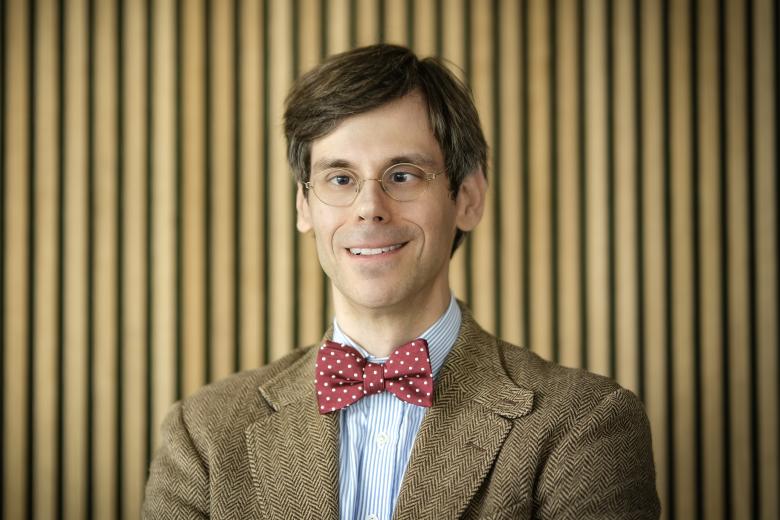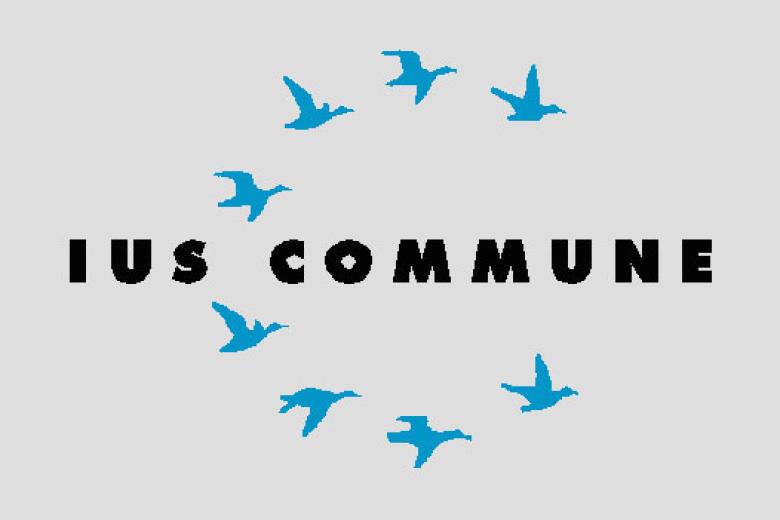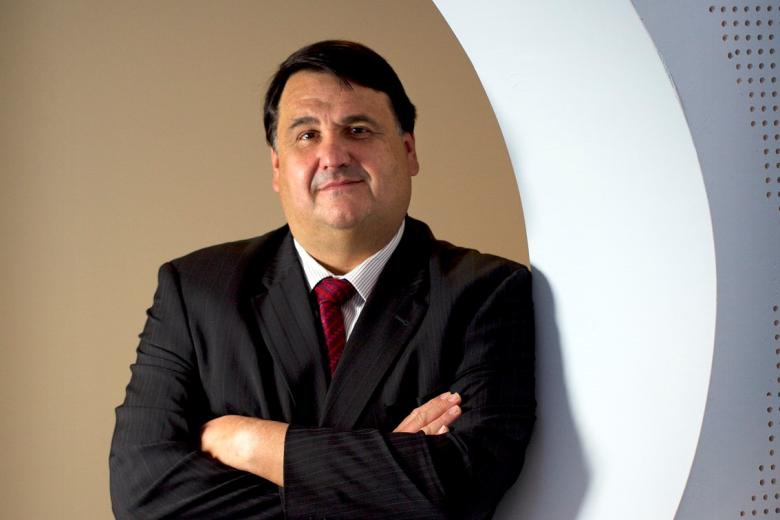Letters to the dark side
In a time where religious motives seem to form a base for terror, I was deeply touched by the virgil of peace organised by Maastricht University’s student chaplaincy. Several days after the attacks in Paris, Christians, Jews and Muslims gathered here to pray for peace. It formed a stark contrast with the images that I would see on German television later that night. The number of Germans that has joined the PEGIDA movement, a movement that blames the increased security threat on Islam in general and Syrian refugees in particular, is steadily growing.
In a time where religious motives seem to form a base for terror, I was deeply touched by the virgil of peace organised by Maastricht University’s student chaplaincy. Several days after the attacks in Paris, Christians, Jews and Muslims gathered here to pray for peace. It formed a stark contrast with the images that I would see on German television later that night. The number of Germans that has joined the PEGIDA movement, a movement that blames the increased security threat on Islam in general and Syrian refugees in particular, is steadily growing.
This appears to be a common theme in many countries. In the US, for example, several Republican politicians have argued that the Islamic religion itself provides a basis for terrorism; they specifically point to the threat posed by Syrian refugees. As a result, 25 governors of US states –that’s half of all of the states in the country- have refused to accept Syrian refugees.
An even more extreme view was put forward by Republican presidential candidate Donald Trump, who warned against taking up Syrian refugees and compared them to a gigantic Trojan horse that will result in an unprecedented influx of Islamic terrorists. Another Republican presidential candidate, Ben Carson, compared Syrian refugees to rabid dogs. These actions can easily contribute to a general atmosphere of hate, distrust and fear which could leave a disturbing imprint on Western societies. At the same time, they fail to acknowledge the fact many of the refugees are on the run from the same people that threaten us, whilst a large majority of the IS terrorists that were responsible for the attacks in Europe were raised here.
In any case, the question that remains is how Islamic IS really is. Inside IS, a book recently published by the German journalist Jürgen Todenhöfer, provided me with an important insight into this question. Todenhöfer, who has been writing about events in the Islamic world for a long time, is well known for arguing that the causes of the current crisis can be traced back to the military interventions in Afghanistan and Iraq. He was invited to travel through the Islamic State for ten days. The book provides a disconcerting insight into IS structures.
The most remarkable thing about the book is the summary at the end, written in the form of an open letter to the caliph of IS, Abu Bakr al Bagdahdi. Initially, this literary style alienated me. The tone-of-voice in the letter is extremely friendly. It makes you wonder whether the man behind so much evil should be addressed in such a civil manner. But in the end, this letter is extremely successful in exposing the true face of IS.
With this letter, written in the same extremely friendly tone as the famous letter that Mahatma Ghandi sent to Hitler in Christmas of 1939, Todenhöfer makes it clear that IS is anti-Islamic and is not representative for Islam. He gives examples of passages from the Koran that contradict IS policy, citing its ban of the killing of civilians, women, children and old people and the ban on destroying places of worship.
His analysis ends with a sentence that will stay with me for a long time: “Terrorism has as much to do with Islam, as rape has to do with love”. It is therefore essential that we combat terrorism based on what it is and refrain from labeling innocent people based on their faith. If we deviate from this path the terrorists will have won.
That’s why we at our university will continue to focus on mutual understanding, tolerance and the benefits of the open society in our educational system. It is also why we will continue helping our partners in the city and the region cope with the refugee challenge.
-
Sexual safety, the budget, and the final MUMC+ proposal
Dear members of the UM Community,
As the year approaches its end, the University Council can look back on a busy period. Our new members are becoming more and more familiar with the work of the Council and are making excellent contributions. Over the past few months, we have focussed on a range of...

-
The Decennial Jubilee of Ius Commune in the Making
On 27 November 2025, the tenth edition of the workshop series on Ius Commune in the Making took place within the 29th Ius Commune Conference organised by the University of Amsterdam. This blog entry reproduces a public address by one of the members of the organising committee of that workshop series...

-
Property & Democracy
On 16 April 2025, M-EPLI hosted Professor Dr Bram Akkermans from Maastricht University’s Faculty of Law and Professor Dr Lorna Fox O’Mahony from the University of Essex, England, to discuss the evolving role of private property within liberal democratic systems. Their proposal centred on the idea...

